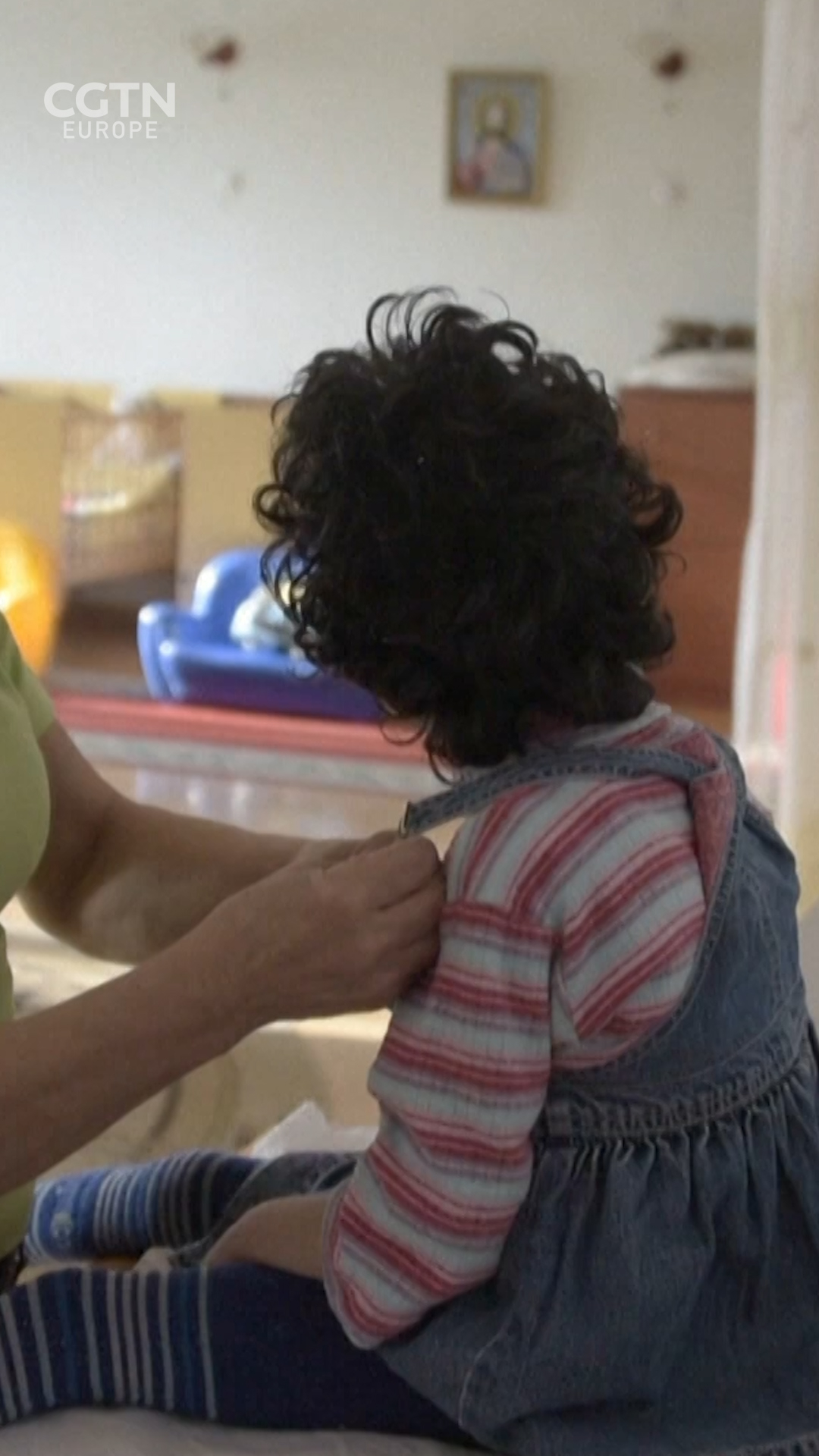02:08

Twenty years ago, a young mother was forced to give up her baby for adoption in Armenia as part of what has now become a national babies-for-sale scandal. Syuzan Patvakanyan, who was 16 years old when she gave birth to a baby girl, was coerced into signing away her parental rights so the child could be given up for adoption.
Three days later, she returned to the hospital where she had given birth so that she could reclaim her daughter. The maternity ward told her that the child was no longer there, and that she had been moved to an orphanage in Gumyri, Armenia's second largest city.
However, the baby wasn't there either. She had simply vanished. Patvakanyan told AFP: "I named my child Stella Patvakanyan. I'm still looking for my child and I see her very often in my dreams.
"Stella, your mom is looking for you and I won't be silent for a second. I will find you, no matter how many years it takes, even if my hair turns gray."
Earlier this month, Armenian authorities arrested several officials in connection to this and dozens of other cases, including the head of an orphanage, the country's chief obstetrician-gynaecologist, Razmik Abramyan, and the head of the maternity ward in which Patvakanyan gave birth.
Patvakanyan has accused the detained gynaecologist of being the doctor who coerced her to give up her baby. She said that he threatened to call the authorities on her partner at the time, who was five years older than her, if she did not give up the child.
Abramyan was released several days after he was detained, his lawyers saying the accusations were "unfounded and absurd."

The lawyer for Syuzan Patvakanyan (above) claims that the network responsible for the disappearance of her daughter is vast (Credit: AFP/Karen Minasyan)
The lawyer for Syuzan Patvakanyan (above) claims that the network responsible for the disappearance of her daughter is vast (Credit: AFP/Karen Minasyan)
In a separate incident in November, Armenian security services said that they had discovered another criminal network that was organising international adoptions without the consent of the parents of the children. Between 2016 and 2018, more than 30 babies were adopted by Italians in connection to this case.
Authorities said that young mothers attempting to get abortions were forced to carry their pregnancies to term so that their babies could then be adopted. Armenian authorities began investigating these cases after they discovered that foreign adoptions greatly outnumbered local adoptions.
"Today we have a database including information on children who are eligible for adoption and those who have already been adopted," Aida Muradyan, Programme Manager for Armenia at children's charity World Vision, told AFP.
"And a combination of basic data shows that we have a mismatch in numbers. This means that there are adopted children, and that we do not have information about them, and we also do not know how many children are currently subject to adoption."
Adoptions have been temporarily suspended in Armenia, and the country plans on abolishing orphanages by 2023.
According to a 2017 Human Rights Watch report, thousands of Armenian children were separated from their parents and placed in orphanages without just cause, and more than 90 percent of all children in Armenian orphanages have at least one living parent.
Source(s): AFP